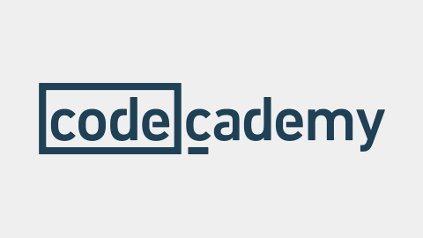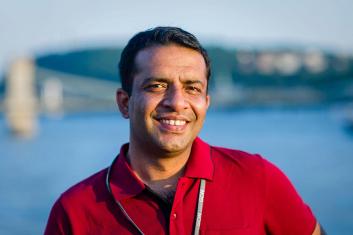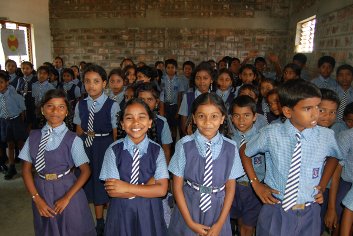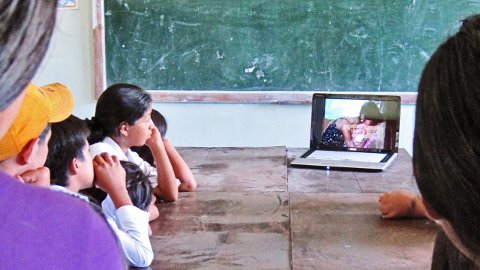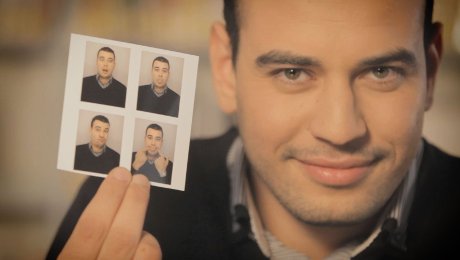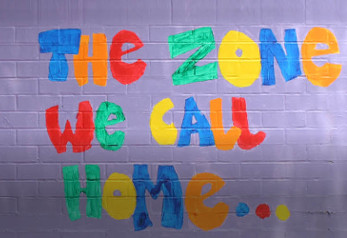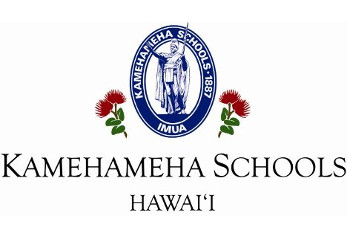Two experimental schools—Avenues: The World School and the Academy for Software Engineering—opened recently in New York with very different philosophies. Is either a model for the future? Avenues is a for-profit K-12 institution that can design a wholly new curriculum. But, says Thomas Hatch, codirector of the National Center for Restructuring Education, Schools, and Teaching, “that doesn’t mean there are prepared teachers out there. They’re going to have to invest in professional development.” Avenues: A globalized curriculum means bilingual classrooms and study-abroad opportunities for all ages. With eventual plans for 20 campuses worldwide, Avenues may struggle to homogenize lessons across borders. “They’ll have to deal with local circumstances and demands,” says Hatch. “How will they adapt?” Avenues: Both ultra-elite and ultra-competitive, Avenues has 2,600 students vying for 1,000 spots that cost $40,000 a year. But, says Rotherham, high price doesn’t guarantee a superior education: “People think that it puts you on track to certain schools. It’s just a credentials kind of regime.” AFSE is a specialized public high school will offer a unique tech-centric curriculum. The challenge is prepping students, says Andrew Rotherham, a partner at Bellwether Education: “Especially in a public system, students may arrive at high schools reading at a third- or fourth-grade level. All effort goes into catching them up.” AFSE: Courses in mobile app development introduce students to programming, and mentorship opportunities offer real-world experience. To keep classes fresh, teachers will need to spend time in the tech industry and invite leading developers to guest lecture, says Leslie Siskin of New York University’s Steinhardt School.” AFSE: With a public-school budget, AFSE may have trouble funding new technology. This is where the mentorship program becomes especially important, says Hatch. “If you farm out a lot of instruction and mentorship, you don’t have to fund all the hardware and software yourself.”
Related Articles
for both the beginners and the advanced
How do you manage to unite the two extreme ends of society?
an idea on material transfer
meet the School-in-a-Box
the Coursera method
et leurs parrains de la Fondation d'entreprise Francis Bouygues
the achievements of the Harlem Children's Zone
The best Web 2.0 Classrooms Tools (1)
part 1: eJucomm
the strategy of Educate!
and the well-being of Hawaiians
the growing gap in student achievement
![]()
STAY IN TOUCH
SUBSCRIBE TO OUR NEWSLETTER
AND RECEIVE OUR LATEST STORIES

